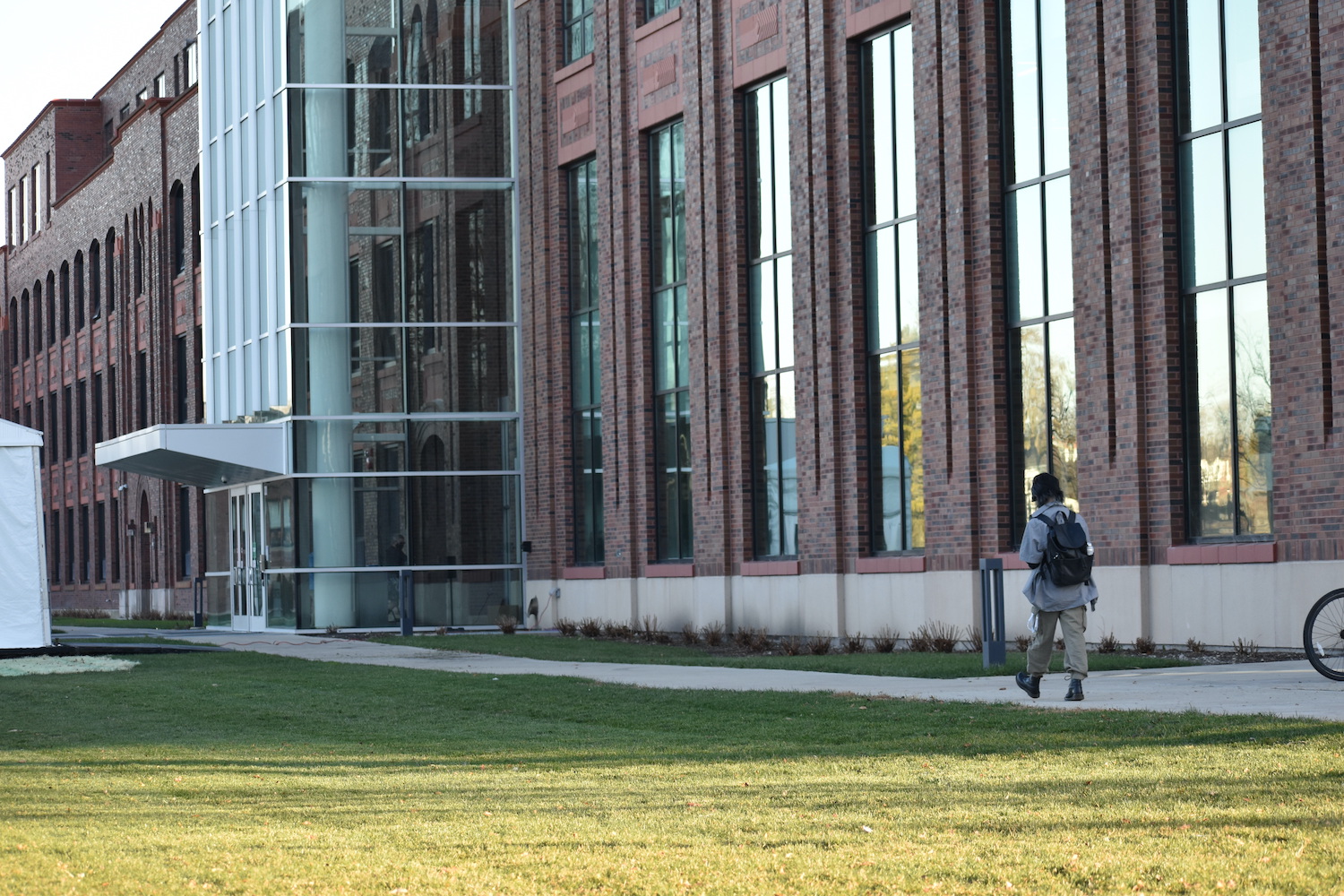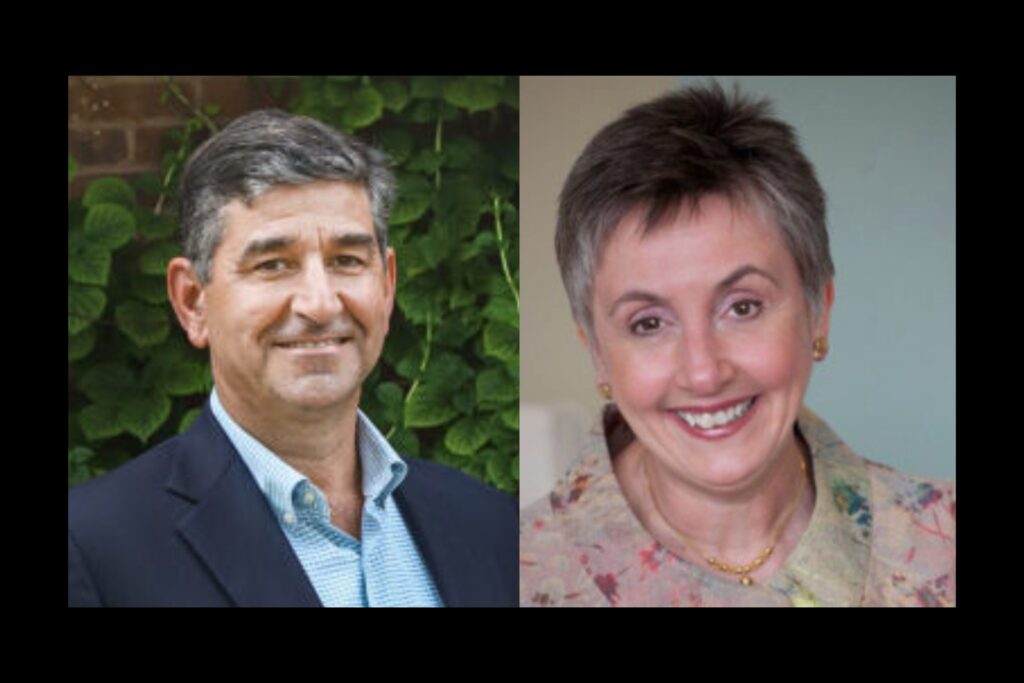
New Trier expands inclusive programs, adding an affinity group for staffers
As New Trier High School officials continue to implement the district’s strategic plan, the School Board on Monday received an update on the efforts around inclusivity and belonging.
One of the elements of New Trier 2030, the district’s strategic plan, focuses on culture, climate, equity, belonging and civil discourse. Several New Trier staff members presented on Oct. 21, discussing what has been happening within the school to achieve those goals.
Affinity groups expand
For the past several years, New Trier has developed affinity groups, which provide students of different identities a space to talk and connect with each other.
Dr. Chimille Tillery, New Trier’s director of curriculum and instruction, referred to them as “support groups” and said staff sponsors “meet with students on a monthly basis, providing a collaborative, inclusive environment and building community amongst the group.”
This year, Tillery said the district has expanded its affinity groups, adding two for students and, for the first time, creating affinity groups for staff members.
New Trier librarian Maricor Chang said the three initial staff affinity groups are just getting started, but the goal for them is similar to the student groups.
“I think it’s important to note that all three (staff) affinity groups here at New Trier are really intended to replenish, reenergize and connect members so they can build community with one another in a very large district,” she said, later adding the hope is that they will create “a deep sense of belonging, allowing for open expression and shared support.”
Chang said the affinity groups began after an all-staff survey at the start of the year showed support for them. The groups are optional for staff to join.
Equity liaisons speak to staff, student councils
Tillery also introduced New Trier’s equity liaisons, English teacher Kristan Kenney and social studies teacher Alex Zilka.
The equity liaisons “work closely with the administration and staff to support specific elements of equity initiatives on both campuses,” she said.
Kenney talked about the staff Culture, Climate, Equity and Belonging Council, which comprises 17 staff members, including herself and Zilka, and helps direct and plan equity initiatives throughout the district, such as the monthly observances that recognize a different cultural group every month.
She added that the council also meets when there is a concern within the school or community to discuss the best steps forward.
This year, a student version of the staff CCEB Council is being formed.
Unlike the affinity groups, Kenney said the student CCEB Council is an “action group,” made up of 25 students that have been recommended by faculty and staff members, and one of its purposes will be “making a large school a little bit smaller.”
Zilka added that the student group will help organize events and workshops and gather student feedback on district equity initiatives.
Civil discourse
Members of the social studies department spoke to the board about how civil discourse is included in their classrooms, including encouraging respectful discussion and debate.
“Social studies teachers have a responsibility to discuss some of the most pressing social and political issues and to create a safe and respectful classroom within which to do so,” said Dean Pinos, social studies department coordinator.
At New Trier, Pinos said the department aims to teach “discussion skills with an emphasis on listening in order to gain a better understanding on the positions of others. And it is with hope, then, that we send our students into the world as thoughtful, passionate citizens who are able to think critically and act deliberately more than collectively.”
Zilka said an activity that he and other civics teachers have seen success with is sharing cards that display a civic value, such as nature, fairness and spirituality, and discussing them.
“Students will discuss what do these values mean, they will think about which values relate to others, and what are some instances in which these values might conflict with each other,” he said, adding that students do a self-reflection “toward the goal of identifying which civic values are most important to them.”
Social studies teacher Laura Malia added that the department has prepared lesson plans for advisers on how to talk about potentially contentious issues while still remaining respectful. These include encouraging students to listen, ask questions and hold a debriefing session.
“Our goal is to maintain the respectful environment in our adviser rooms while taking care of the needs of each of our advisers,” Malia said.
The Record is a nonprofit, nonpartisan community newsroom that relies on reader support to fuel its independent local journalism.
Become a member of The Record to fund responsible news coverage for your community.
Already a member? You can make a tax-deductible donation at any time.

Peter Kaspari
Peter Kaspari is a blogger and a freelance reporter. A 10-year veteran of journalism, he has written for newspapers in both Iowa and Illinois, including spending multiple years covering crime and courts. Most recently, he served as the editor for The Lake Forest Leader. Peter is also a longtime resident of Wilmette and New Trier High School alumnus.


